At Guardian Childcare & Education our children learn through ‘real world’ experiences supported by play.
‘Real world experiences’ may seem like a buzz term, but the focus is on developing skills that are vital in preparing your child for school and beyond – because learning is a journey that never ends.
Our children of today will face a different world tomorrow – even without COVID, the world is morphing before their very eyes. They are entering a fast-paced, rapidly changing world, where technology rules and the traditional methods of teaching are no longer as effective. They will require different skills and abilities, need to be innovative and adaptable, and able to think creatively and critically.
That’s why our approach is focussed on the latest research and insights into how children learn best, focussing in on the specific skills they will need to thrive in the 21st Century.
Guardian Childcare & Education Curriculum Mentor, Alix Broadhead says, “Through play, our children begin to develop essential skills which equip them for the real world such as resilience, problem solving, learning to work with and respect others as well as providing them with tangible skills such as reading and writing.”
“At Guardian, we want children to develop a lifelong love of learning, which is why we use hands-on experiences to support them as they learn. But we also want to develop thoughtful global citizens who consider how their actions impact others.”
“Through play and engaging activities we’re able to teach children about the importance of good hygiene and how looking after their health, also looks after others.”
As experts in the field, Guardian Childcare & Education have outlined specific hands-on activities you can also use to teach your children important lessons around health and hygiene.
Learning through Hygiene
Hygiene is so important right now and practicing good hygiene habits is also a great way to teach children the importance of being good global citizens. Be it good handwashing habits, sneezing into their elbow, or using tissues – instead of sleeves! – there are opportunities to learn about health and hygiene every day in childcare.
For example, when undertaking activities such as baking and gardening, Guardian limits group numbers to follow social distancing recommendations, and this action has benefits other than just good hygiene:
- Smaller groups allow children to be more involved in collaborative activities, and more of an opportunity to voice their thoughts. This in turn leads to higher-level thinking and increased self-esteem.
- The act of social distancing brings up discussions of responsibility to those around you.
“Teachers and Educators talk to the children about how their actions impact those of others, and how being hygienic and socially distanced is how we can all be a responsible and considerate member of the community,” adds Alix Broadhead.
Learning Hygiene through Gardening
A common activity at Guardian is gardening, with most centres having their very own veggie patch which the children tend to. Teachers and team members encourage children to interact with nature and learn in a variety of environments. Visits to the garden are great real-world learning opportunities for the children, who come to understand the following:
- How different foods grow, as well as how to harvest and prepare their crops, as they often will use the veggies they have grown as a part of their seasonal menus.
- Collaboration, as the children work with their friends to water the plants.
- Social skills, as the children must listen to others, respect differing opinions, and discuss ideas.
Hygiene is practiced and encouraged by the washing hands before and after gardening, and vegetables picked are always washed thoroughly before being used in meals.
Learning Hygiene through Science
Science experiments are a fan favourite at Guardian, with a particularly fun one at the moment being the ‘Soap and Pepper’ experiment. This experiment is helpful in teaching older preschool children (aged 4+) the powers of soap!
For the experiment, all you need is a bowl of water, black pepper (representing ‘germs’) and liquid soap. To begin, black pepper is added to the water. When a child dips their finger in the bowl, the ‘germs’ will stick to their fingers. Then, once dipping their finger in soap, the ‘germs’ disperse from the child’s fingers and instead runs to the edge of the water bowl.
This experiment offers children a visual understanding of the importance of washing their hands thoroughly with soap. As germs are too small to see, this concept is often confusing for children to understand, which is why the experiment works wonders in helping them learn the importance of hand hygiene!
Click here for more information on Guardian Childcare & Education’s Preschool Programs.
Discover the Guardian difference and book a tour today!





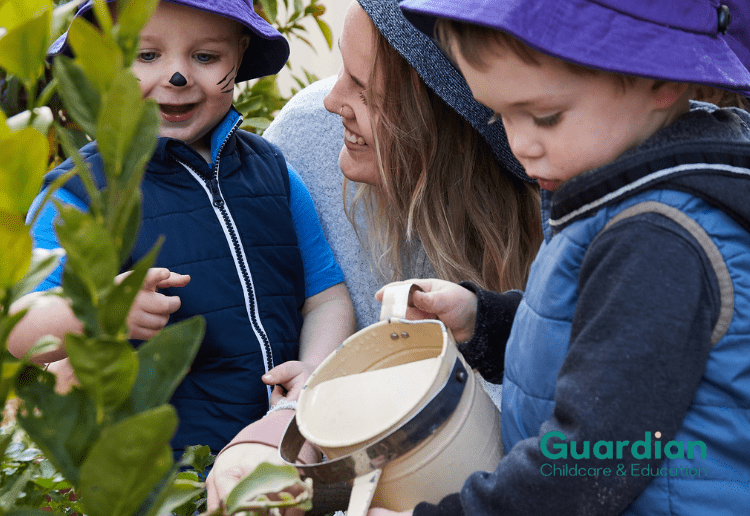















1:57 pm
9:50 pm
4:07 pm
4:33 am
8:53 pm
-

-
-
Ellen replied
- 08 Oct 2020 , 8:52 am
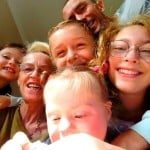
-

-
-
Ellen replied
- 08 Oct 2020 , 8:53 am
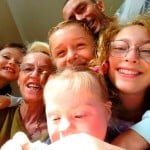
Reply8:36 pm
-

-
-
Ellen replied
- 09 Sep 2020 , 4:31 am
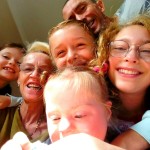
Reply7:22 pm
-

-
-
Ellen replied
- 14 Sep 2020 , 7:53 am
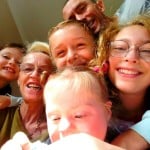
Reply10:41 am
7:01 am
9:24 pm
9:01 pm
4:09 pm
6:44 pm
6:22 pm
7:14 am
4:44 am
-

-
-
Ellen replied
- 05 Sep 2020 , 4:46 am
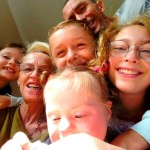
Reply9:03 pm
8:56 pm
8:08 pm
7:15 pm
-

-
-
Ellen replied
- 05 Sep 2020 , 4:42 am
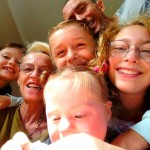
Reply- 1
- 2
- »
Post a commentTo post a review/comment please join us or login so we can allocate your points.